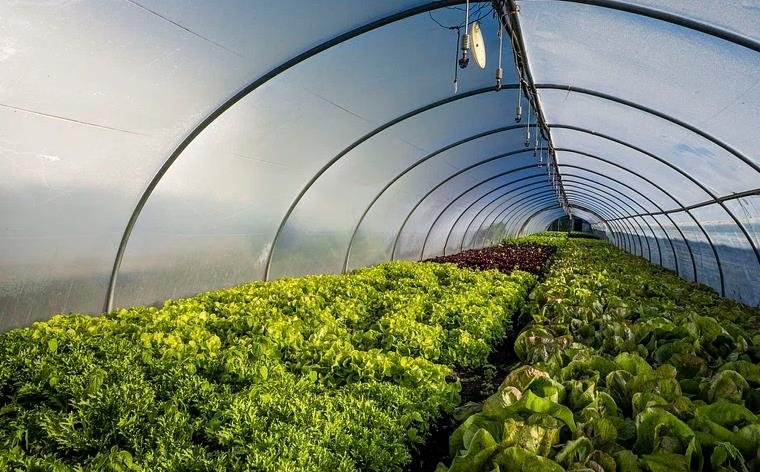The cannabis industry is booming in the U.S., with more states legalizing recreational and medical use of the plant. However, the industry also faces many challenges, such as regulatory uncertainty, lack of standardization, and skill gaps. To address these issues, some colleges and universities are offering cannabis certification programs that aim to educate and train cannabis workers on various aspects of the industry, from cultivation and processing to business and law.
Cannabis education can provide many benefits for both individuals and the industry as a whole. For individuals, cannabis education can help them gain the knowledge and skills needed to pursue a career in the cannabis industry, which is expected to create over 500,000 jobs by 2022. Cannabis education can also help them stand out from the competition, as employers are looking for qualified and certified candidates who can demonstrate their expertise and professionalism.

For the industry, cannabis education can help improve the quality and safety of cannabis products, as well as the compliance and efficiency of cannabis businesses. Cannabis education can also help foster innovation and research in the field, as well as promote public awareness and acceptance of cannabis.
The Types of Cannabis Certification Programs
There are several types of cannabis certification programs available, depending on the level and focus of the education. Some of the most common types are:
- Cannabis Business and Entrepreneurship Programs: These programs are designed for aspiring or existing cannabis entrepreneurs and professionals who want to learn the fundamentals of cannabis business, such as finance, marketing, management, and law. Some examples of these programs are the Cannabis Business Executive Program offered by the University of Denver, and the Cannabis Business Institute offered by the Cannabis Training University.
- Cannabis Science and Research Programs: These programs are aimed at students and researchers who want to learn the scientific aspects of cannabis, such as chemistry, biology, pharmacology, and medicine. Some examples of these programs are the Cannabis Biology and Chemistry degree offered by the Colorado State University Pueblo, and the Medical Cannabis Certificate offered by the Pacific College of Health and Science.
- Cannabis Cultivation and Production Programs: These programs are intended for cannabis growers and processors who want to learn the best practices of cannabis cultivation and production, such as horticulture, genetics, pest management, and extraction. Some examples of these programs are the Cannabis Cultivation Technician program offered by the Trichome Institute, and the Cannabis Horticultural Science Course offered by Oaksterdam University.
The Challenges and Opportunities of Cannabis Education
Cannabis education is not without its challenges, however. Some of the main challenges are:
- Legal and Regulatory Barriers: Cannabis education is still subject to the federal prohibition of cannabis, which limits the access and funding of cannabis research and education. Additionally, cannabis laws and regulations vary by state and locality, which creates confusion and inconsistency for cannabis educators and students.
- Lack of Accreditation and Standardization: Cannabis education is still a new and emerging field, which means that there is no clear accreditation or standardization of cannabis programs and curricula. This makes it difficult to evaluate the quality and credibility of cannabis education, as well as to transfer credits and credentials across institutions.
- Stigma and Misinformation: Cannabis education still faces stigma and misinformation from some segments of society, which may discourage or prevent some people from pursuing or supporting cannabis education. Moreover, some people may have misconceptions or biases about cannabis, which may affect their learning outcomes and attitudes.
Despite these challenges, cannabis education also offers many opportunities for growth and improvement. Some of the main opportunities are:
- Increasing Demand and Diversity: Cannabis education is in high demand, as more people are interested in learning about and working in the cannabis industry. Cannabis education also attracts a diverse range of students, from different backgrounds, ages, and interests, which enriches the learning environment and the industry.
- Collaboration and Innovation: Cannabis education encourages collaboration and innovation among different stakeholders, such as educators, students, researchers, industry leaders, and policymakers. Cannabis education also fosters interdisciplinary and cross-sectoral approaches to cannabis, which can lead to new discoveries and solutions.
- Advocacy and Education: Cannabis education can serve as a platform for advocacy and education, not only for the cannabis industry, but also for the general public. Cannabis education can help dispel myths and stereotypes about cannabis, as well as inform and educate people about the benefits and risks of cannabis.
Cannabis education is a vital and valuable component of the cannabis industry, as it prepares and qualifies cannabis workers for the future. Cannabis education can also benefit the industry and society at large, by improving the quality and safety of cannabis products, promoting innovation and research, and raising public awareness and acceptance of cannabis.
Emily Wilson is a talented wordsmith whose passion for cannabis shines through in her eloquent articles that explore the plant’s cultural significance and historical context. With a focus on arts and lifestyle, she weaves together narratives that celebrate the creativity, innovation, and community fostered by cannabis enthusiasts worldwide. Emily’s unique perspective and engaging storytelling invite readers to embark on a journey of discovery and appreciation for the diverse facets of the cannabis experience.








